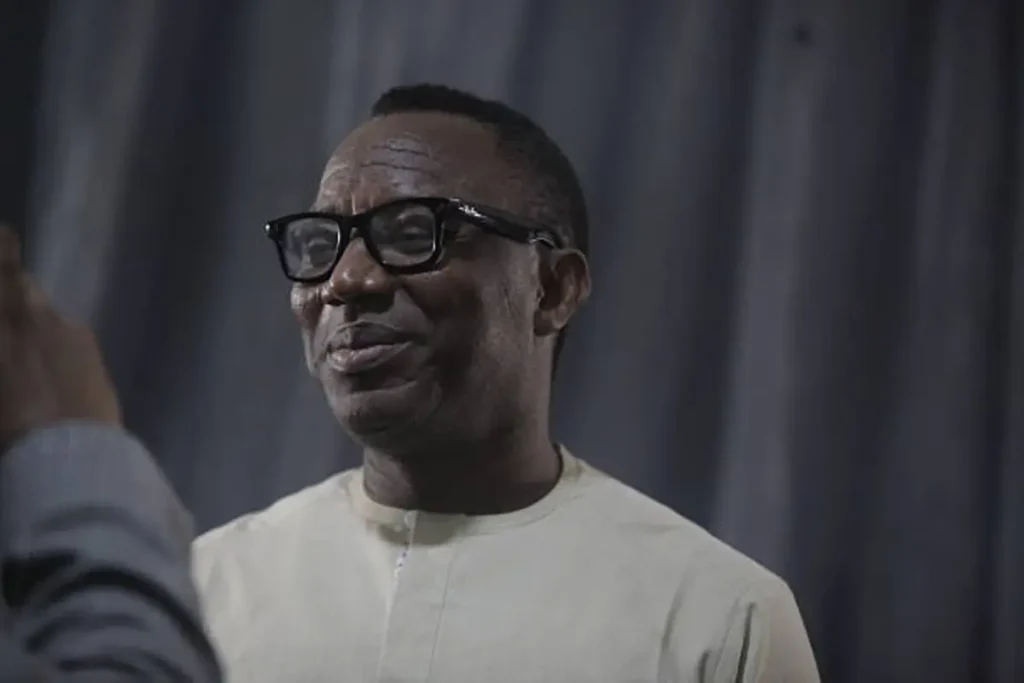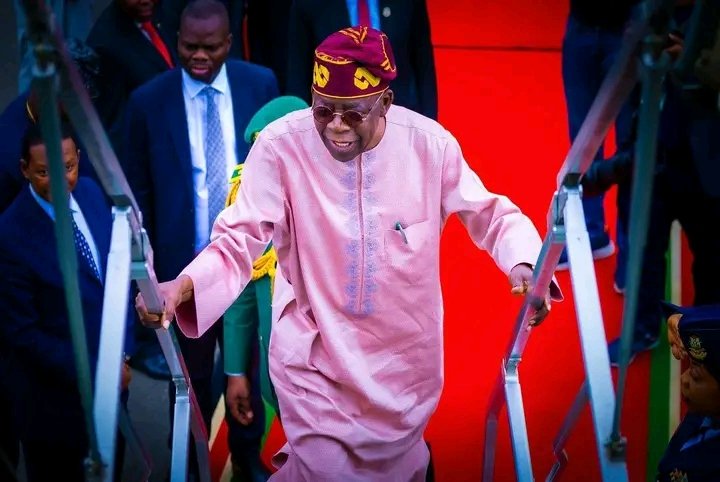
Omoyele Sowore speaks during a June 12 Democracy Day event at Freedom Park, Lagos. Adekunle Ajayi/Gettyimages
Sowore’s arrest had intensified debates on freedom of expression and government accountability in Nigeria.
Sowore, founder of the news platform Sahara Reporters and a former presidential candidate, was taken into custody on August 5 during a security operation linked to planned demonstrations demanding political reforms. Authorities cited concerns over national security in justifying the detention.
Omoyele Sowore release highlights tensions in Nigeria’s human rights protests
The police circulated rumors that the Attorney General of the Federation had ordered Sowore’s release, helping to de-escalate tensions ahead of planned protests in several states. However, no official confirmation from the Attorney General’s office was immediately available. His detention and release have sparked intensified discussions regarding civil liberties and constitutional rights in Nigeria.
Various civil society groups condemned the detention and called for strict adherence to due process and the protection of peaceful assembly rights.
Scrutiny of Nigerian police detention practices after Sowore’s arrest
Following Sowore’s arrest, human rights advocates and legal experts have questioned the legality of the detention and the broader approach of Nigerian law enforcement towards political activists. The concerns revolve around the balance between security measures and respect for democratic freedoms.
Sowore’s legal team confirmed his release and stated he is now free to resume political and civic engagements. Despite this, questions about the justification for his initial detention remain under public and legal review.
The arrest occurred as protests addressing electoral reform, corruption, and governance were scheduled to take place, highlighting ongoing challenges faced by the Nigerian government in managing dissent while maintaining public order.
Legal context for protest and detention in Nigeria
Nigeria’s Constitution guarantees the right to peaceful assembly and freedom of expression, but enforcement agencies retain powers under the Police Act and Public Order Act to regulate protests. Critics argue that these laws have at times been applied in ways that restrict fundamental rights.
The Sowore case has renewed calls for transparency and respect for due process in handling political detentions to sustain public trust in democratic institutions.
Sowore’s release after two days in custody marks a notable moment in Nigeria’s civil rights landscape. The case underscores the ongoing tension between state security priorities and individual freedoms.
For further context, Sahara Reporters provides independent news coverage relevant to Sowore’s activism, while the police response reflects broader issues in Nigeria’s security approach to protests. Details of the release were reported in official police statements and confirmed by his legal team through local news outlets.



